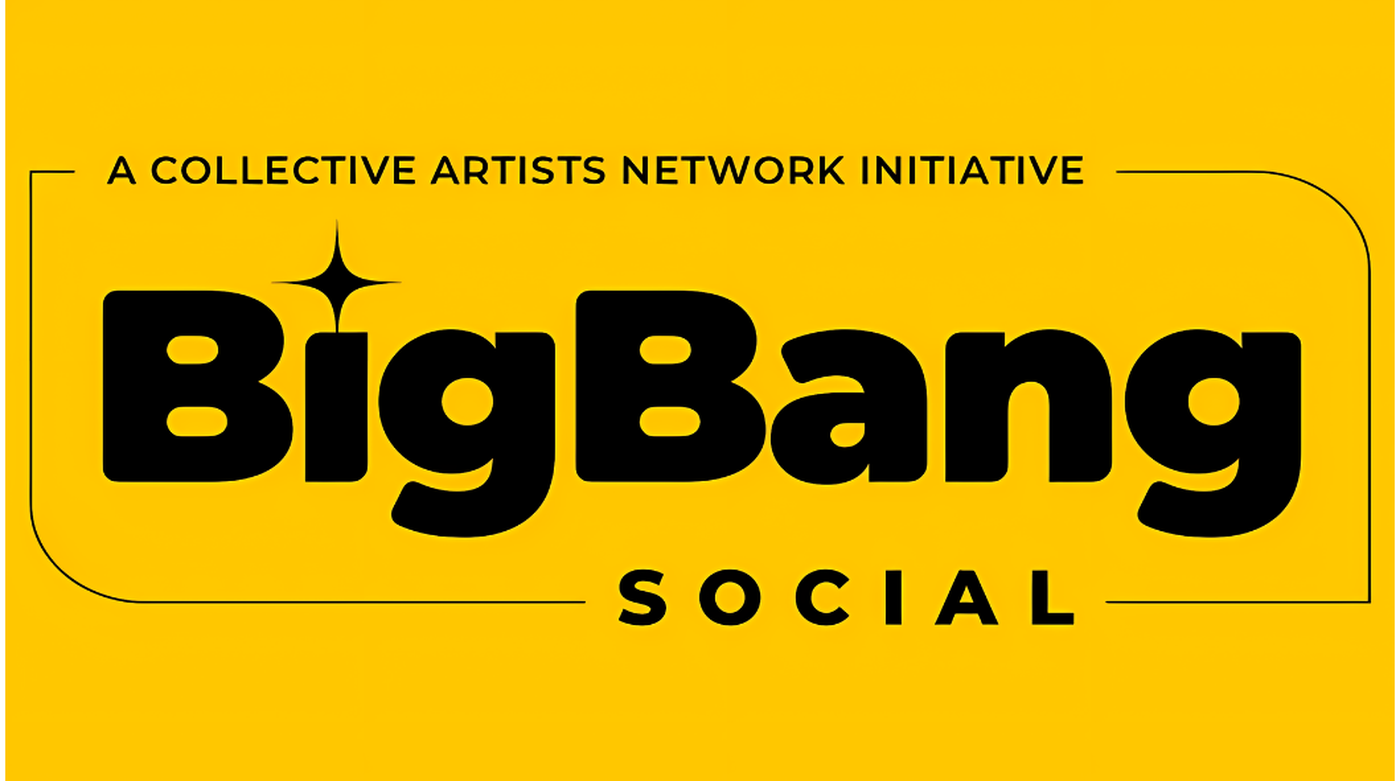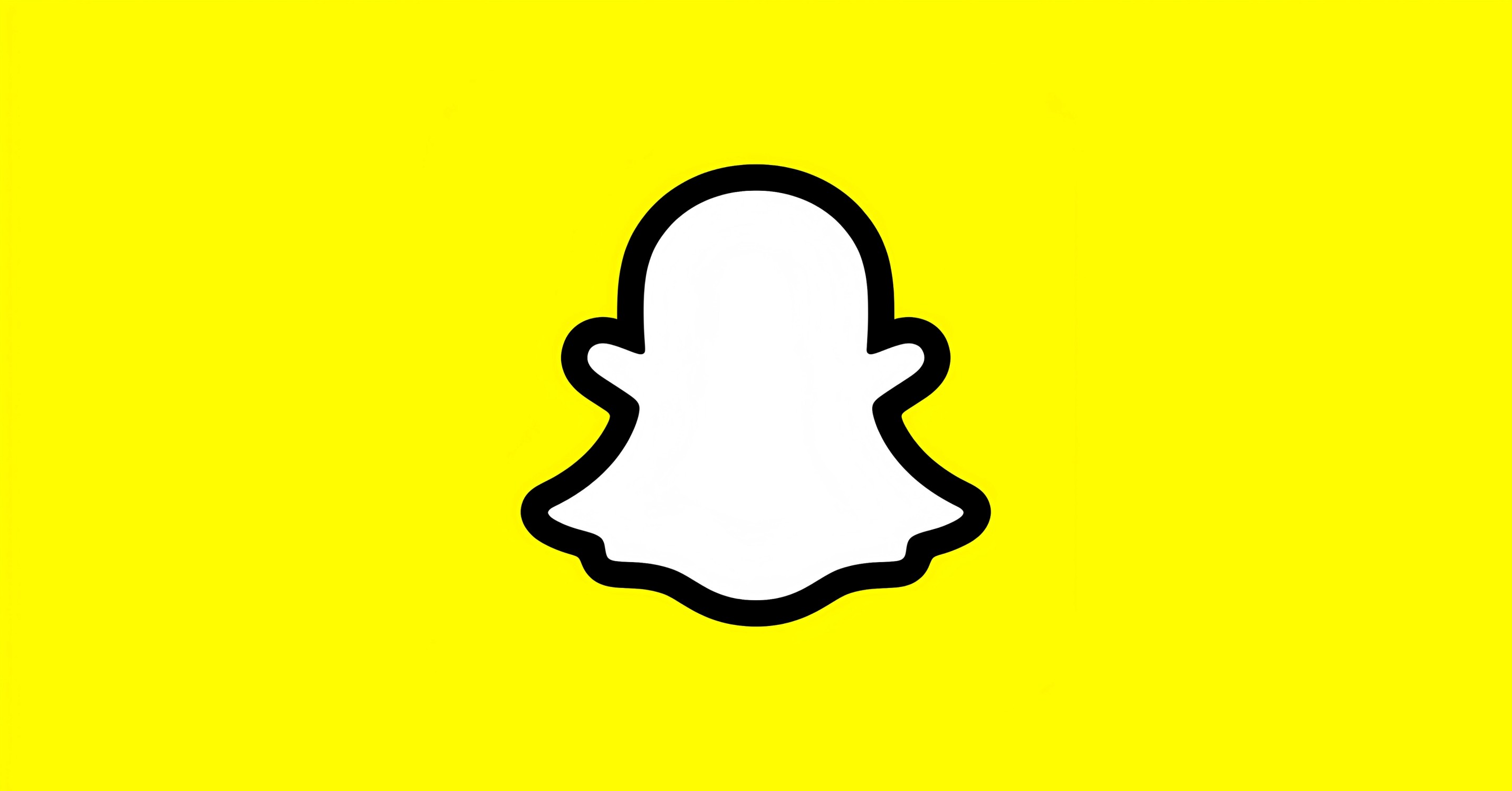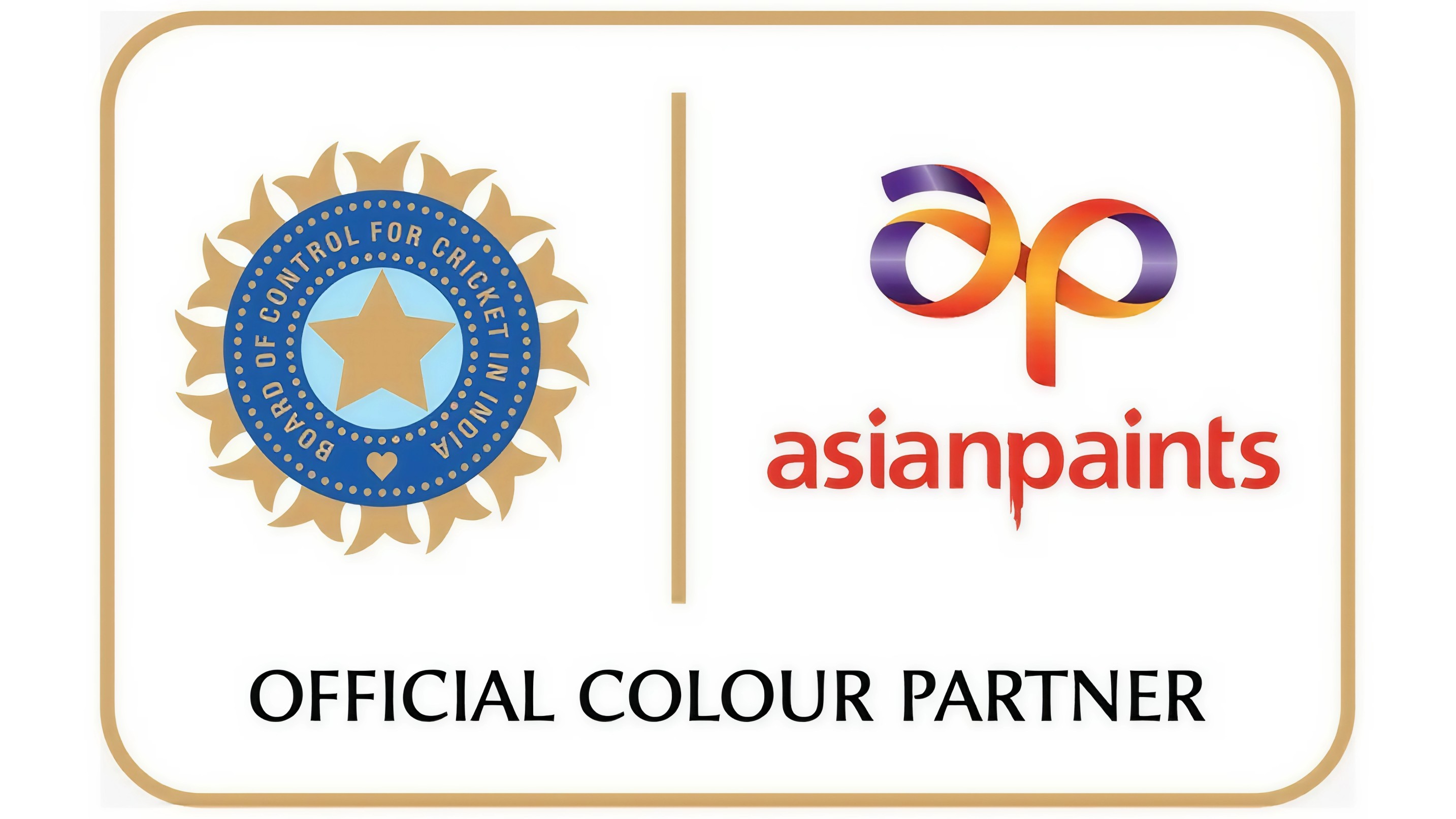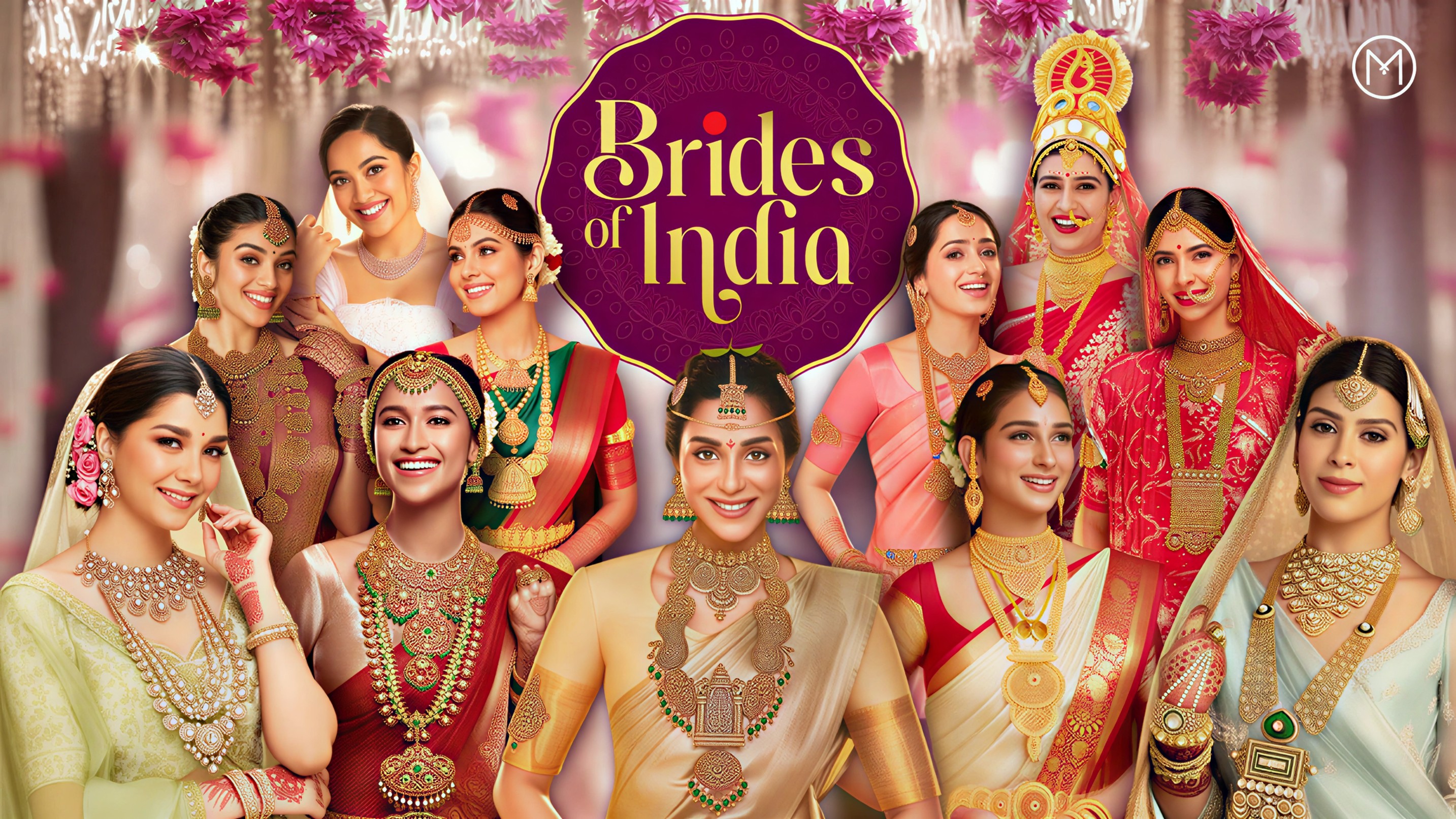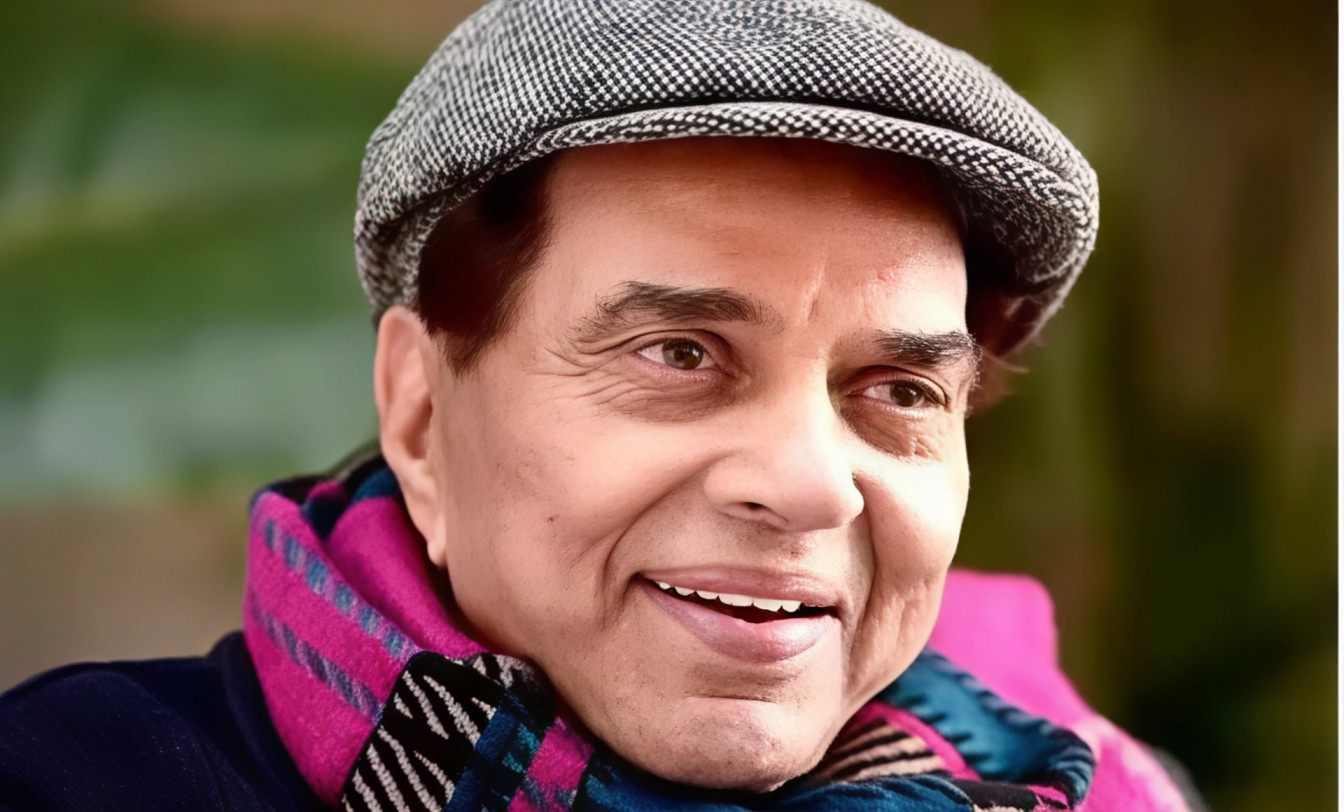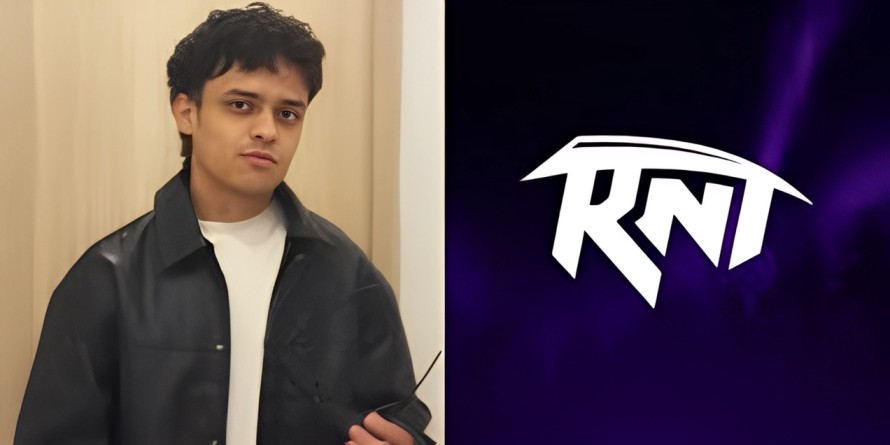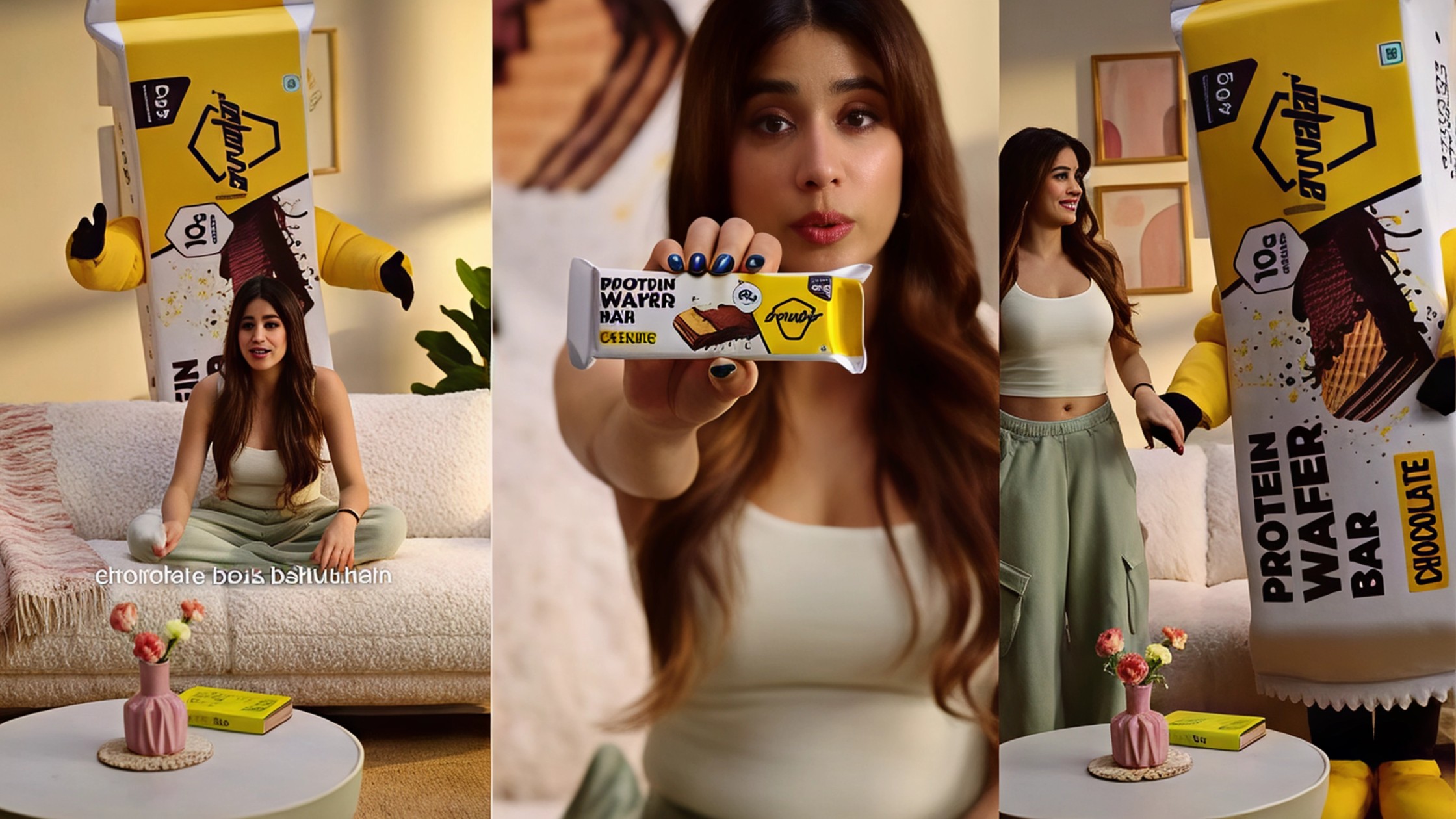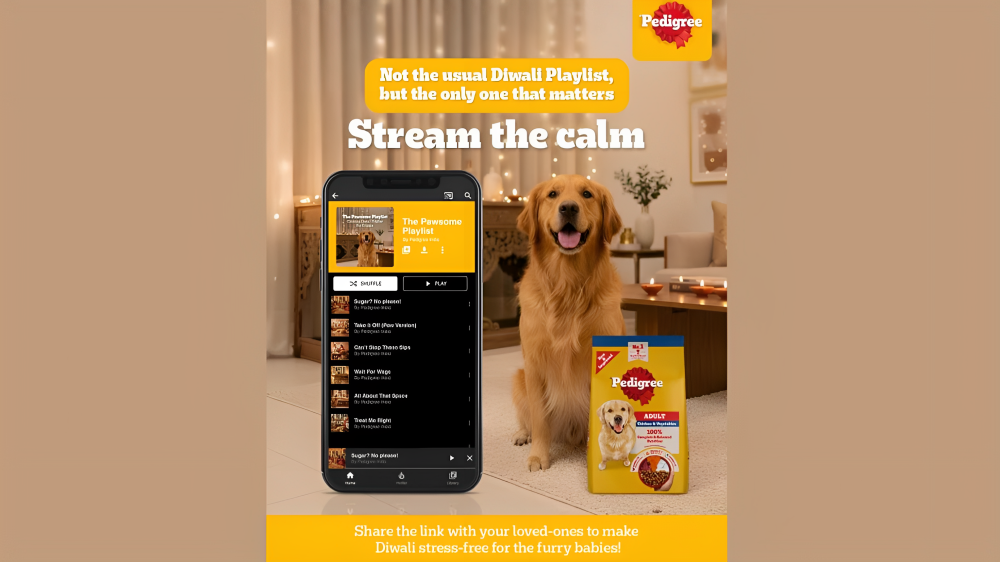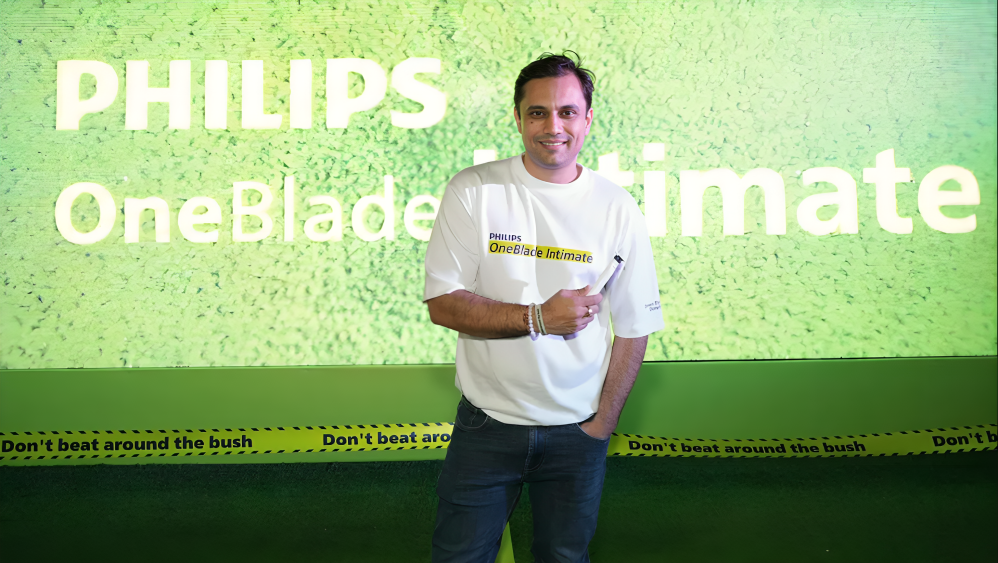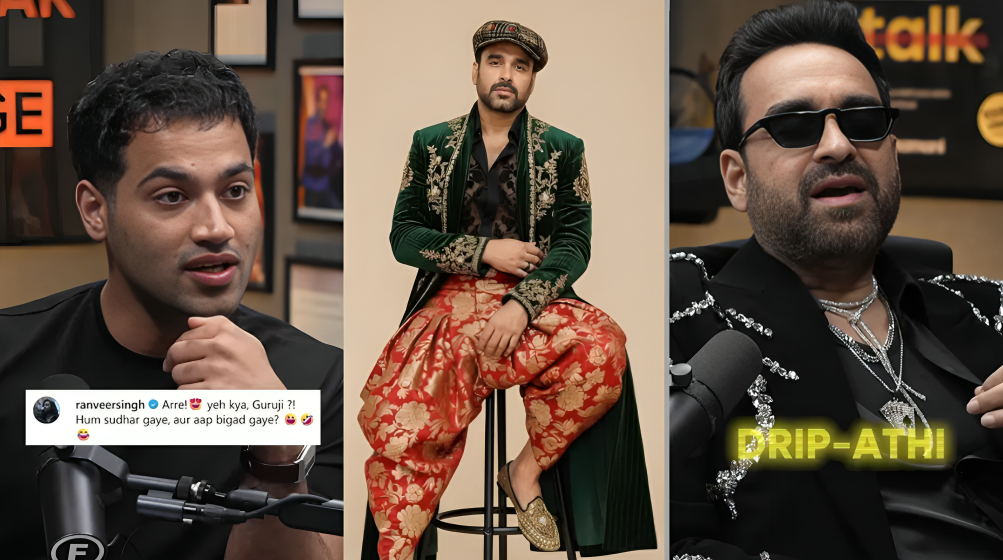EY and Big Bang Social have forecasted a significant 25% increase in influencer marketing in India by 2026, with projections showing it will reach a value of Rs 3,375 crore. This surge is expected to be predominantly fueled by the lifestyle, fashion, and beauty industries, with considerable investments also coming from the automotive, e-commerce, and FMCG sectors.
A collaborative report between EY and Big Bang Social has outlined the promising future of influencer marketing in India, anticipating a growth to Rs 2,344 crore by 2024 and further expanding to Rs 3,375 crore by 2026. This expansion underscores a vast landscape of possibilities for brands, marketers, and influencers alike.
According to the report, with mobile phone usage heavily skewed towards social media, leveraging influencers has become an essential strategy for marketers. With an estimated 740 million active smartphone users in India by 2030, influencer marketing is expected to form a core component of three-quarters of brand strategies, focusing primarily on engagement and audience precision.
"In the dynamic landscape of Indian society, influencers are emerging as contemporary icons, offering new avenues for brand and marketer collaborations," stated Amiya Swarup from EY India.
The growth trajectory of influencer marketing is set to be propelled by the lifestyle, fashion, and beauty segments, while sectors such as automobiles, e-commerce, and FMCG are predicted to be the highest spenders.
ADVERTISEMENT
"Observing the effectiveness of influencer marketing across vital sectors like FMCG, automobiles, and consumer durables, this report aims to guide brands in harnessing influencer marketing for audience engagement and business growth," remarked Vijay Subramaniam of the Collective Artists Network.
The report advises marketers to engage with a range of influencers, from high-profile to nano influencers, to garner attention and foster brand loyalty, noting that nano influencers often achieve the highest engagement rates. Micro- and nanoinfluencers are particularly valued for their cost-effectiveness.
However, the report also outlines challenges, including difficulty for brands in measuring the effectiveness of influencer campaigns and for influencers in maintaining audience loyalty and authenticity.
Key insights include:
- Influencer marketing will be incorporated by 75% of brands into their strategies.
- A majority of brands allocate over 2% of their budget to influencer marketing.
- 70% of brands plan to maintain or increase their influencer marketing budgets in 2024.
- 77% of brands express confidence in their agencies ability to manage influencer campaigns effectively.
- While fixed fees remain the norm for compensating influencers, there's a growing interest in performance-based models.
- 77% of influencers have reported increased earnings in the last two years, with 86% anticipating further income growth.
"In the vibrant Indian market, creators are capturing unprecedented levels of attention. This report aims to equip brands with the insights needed to effectively navigate the competitive landscape of influencer marketing," said Anurag Iyer of Big Bang Social.
ADVERTISEMENT
This comprehensive report is the result of surveys conducted with Chief Marketing Officers (CMOs), creators, agencies, and other stakeholders in the influencer marketing ecosystem.

